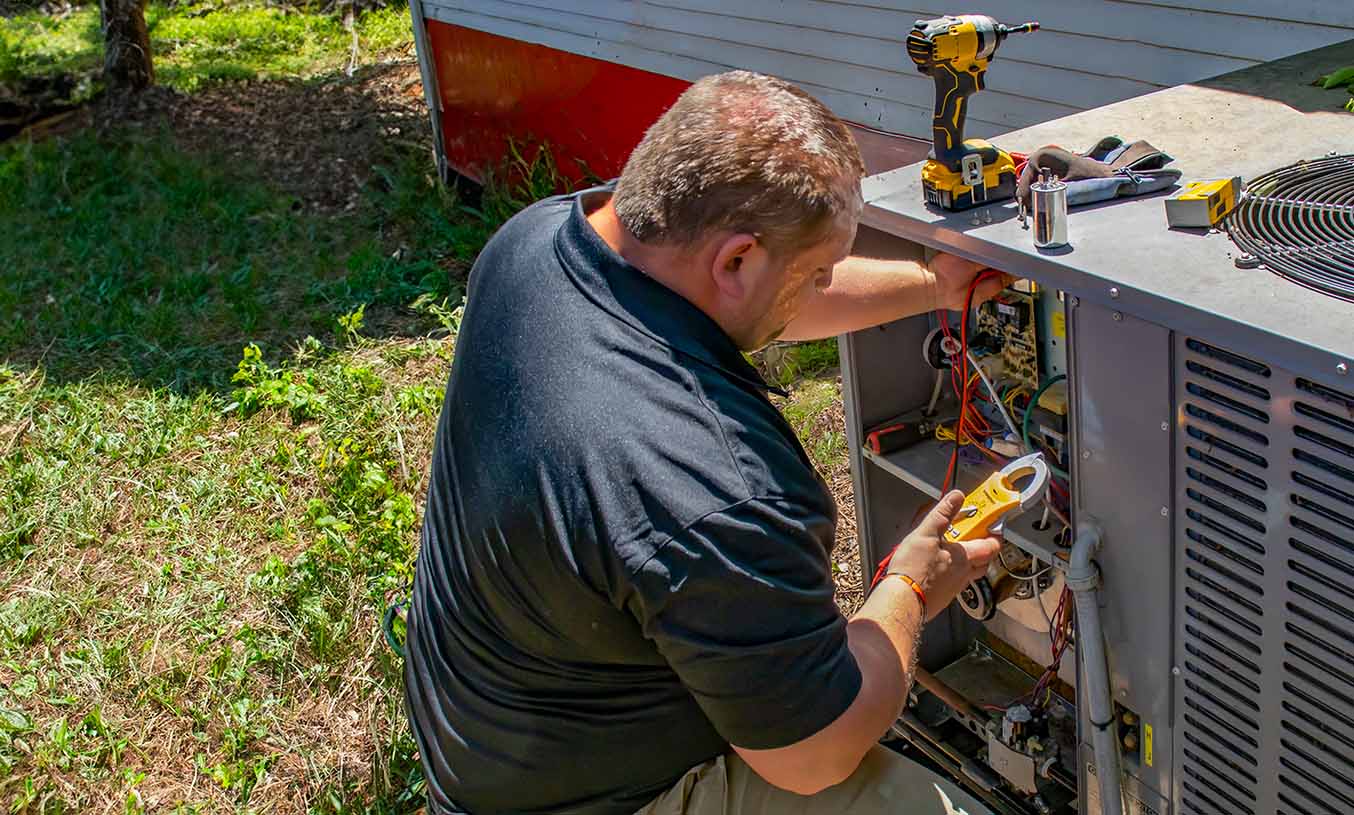

Energy Efficient
Your trusted partner for professional home services. Quality workmanship, guaranteed satisfaction.




- HEP
- Energy Efficient
Energy Efficient | Air Conditioning | Heating and Air Conditioning | Lake City
Feel the difference that expertly tuned air conditioning can make in your Lake City home. HEP’s certified technicians pair high-efficiency equipment with precision installation, sealing, and smart-thermostat integration, trimming energy use while keeping every room perfectly cool. From rapid repairs on sweltering summer afternoons to proactive maintenance plans that lower utility bills, we focus on comfort you can count on and savings you can see.
As a local, family-owned company, HEP backs every job with transparent pricing, 24/7 emergency response, and a satisfaction guarantee that turns first-time customers into lifelong fans. Whether you’re upgrading an outdated unit or designing a total home HVAC system, our team handles the details—permitting, rebates, and disposal—to make the process effortless. Discover why Lake City residents trust HEP for efficient heating and air conditioning that works as hard as you do.
FAQs
Why is investing in an energy-efficient air conditioner important for homes and businesses in Lake City?
Lake City experiences long, humid summers with temperatures that regularly climb into the 90s. An energy-efficient air conditioner is engineered to cool your space using less electricity, which delivers three key benefits: (1) lower monthly utility bills—high-efficiency units can cut cooling costs by 20–40% compared with older 10-SEER systems; (2) improved comfort—variable-speed compressors and advanced humidity control remove moisture more effectively, reducing that sticky Florida feel; and (3) environmental stewardship—reduced energy demand means fewer greenhouse-gas emissions from local power plants. Over the typical 12–15-year life of an AC, those savings add up to thousands of dollars while keeping your indoor climate consistently comfortable.
What Seasonal Energy Efficiency Ratio (SEER) rating should I look for when purchasing a new AC in Lake City?
Florida’s current minimum standard for central air conditioners is 15.0 SEER2 (which is comparable to 16 SEER under the previous testing method). If you’d like the best balance of upfront cost and long-term savings, most HVAC professionals recommend choosing a unit in the 16–18 SEER range. Homes with heavy cooling loads, solar power, or owners planning to stay 10+ years often step up to 19–24 SEER inverter-driven systems for maximum efficiency. Keep in mind: every point increase in SEER can trim cooling costs by roughly 5–7%, and utility rebates are usually tied to meeting or exceeding specific SEER thresholds.
How can I tell if my current air conditioner should be repaired or replaced for better efficiency?
Consider replacement when any two of the following apply: (1) Age—your system is 10–15 years old; (2) Rising energy bills—cooling costs have crept up despite normal usage; (3) Frequent breakdowns—more than one major repair in the last two seasons; (4) Uneven temperatures or excess humidity; (5) Uses phased-out R-22 refrigerant (common in pre-2010 units); (6) SEER rating below 13. While occasional repairs on a newer system make sense, an aging, inefficient unit can cost more to operate than financing a high-efficiency replacement. Our Lake City technicians can perform a cost-of-ownership analysis to show payback time based on your actual utility rates.
Are there rebates, tax credits, or other incentives for installing high-efficiency HVAC equipment in Lake City?
Yes. Homeowners who install ENERGY STAR–certified heat pumps or air conditioners can claim a federal tax credit of 30% of project cost, up to $2,000, under the Inflation Reduction Act (valid through 2032). Duke Energy, FPL, and Suwannee Valley Electric also periodically offer $100–$500 rebates for qualifying 16-SEER2 or higher equipment. Additional low-interest Efficiency Loans are available through the City of Lake City Utilities for property owners who meet program guidelines. Because incentive funding changes, we’ll provide up-to-date rebate forms and handle the submission paperwork as part of your installation.
How often should my energy-efficient AC system be serviced to maintain peak performance?
We recommend two tune-ups each year—one in early spring before peak cooling season and another in fall if your system also handles heating—though a single comprehensive annual maintenance visit is the minimum. During a tune-up our NATE-certified technicians: clean indoor and outdoor coils, measure refrigerant charge, test capacitors and contactors, calibrate the thermostat, clear the condensate line, and verify airflow. Regular service keeps efficiency within 95% of factory specs, preserves warranty coverage, and can prevent sudden breakdowns during Lake City’s hottest days.
How do I know what size (tonnage) air conditioner is right for my Lake City property?
Proper sizing is critical: an undersized unit will run nonstop and fail to cool, while an oversized unit will short-cycle, waste energy, and leave humidity high. We perform a Manual J load calculation that factors square footage, insulation level, window orientation, roofing material, duct leakage, and occupancy. As a rough guide, a well-insulated 2,000-sq-ft Lake City home may need 2.5–3 tons (30,000–36,000 BTU/h), but actual requirements vary. After the load calc, we’ll present equipment options with matched indoor coils and variable-speed blowers to ensure maximum efficiency, comfort, and dehumidification.